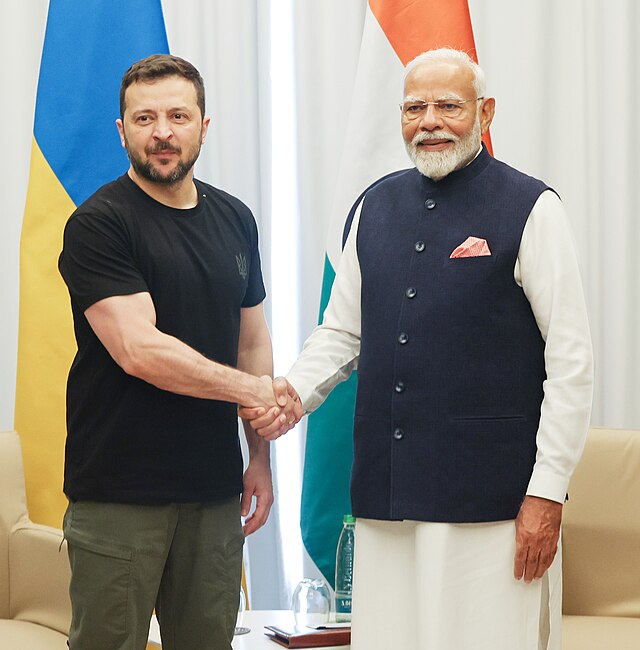
PM MODI IN UKRAINE: A TIMELY VISIT AND AN IMAGE BOOST FOR INDIA
 Sat, 24 Aug 2024
| Reading Time: 5 minutes
Sat, 24 Aug 2024
| Reading Time: 5 minutes

Anyone avidly following the war in Ukraine would realise that it is a futile war where termination is going to be a real challenge. It is a war of national egos of not just the contestants but a host of countries who seem to back it, some apparently quite reluctantly. Prime Minister Narendra Modi was the first one to highlight that “it is not the era of war”, when he spoke to President Putin at the SCO summit at Tashkent in 2023. He has been constantly reinforcing that statement with his pitch for peace between the warring nations and the byline has become associated with his name and approach. During his visit to Poland preceding his short visit to Kyiv, Ukraine PM Modi underscored the need for dialogue and diplomacy to resolve disputes between nations, describing Russia’s war on Ukraine and military tension between Iran and Israel in West Asia as a “matter of great concern for everyone”. Does this pitch India into the league of nations actively pursuing the early resolution of the Ukraine crisis. In reality, India has all along maintained an equidistant approach when it comes to the warring sides. PM Modi has made one very interesting statement during this high-profile visit. That relates to his contention that India was not just a neutral uncommitted nation, but a nation concerned and working for peace and stability. However, before dwelling on the significance of PM Modi’s European visit and specifically to Ukraine, a brief situational analysis about the war will be helpful.
Without taking it too far back, the current situation emanated from Ukraine’s expressed desire to be a part of NATO and the European Union (EU). Being a critical part of the former Soviet Union, housing the Black Sea Fleet at Sevastopol on the Black Sea, and enjoying a long border with Russia, besides controlling a strategic segment of the Black Sea coastline, Ukraine has always been considered the last Russian bastion. In other words, Russia has always been wary of its former Warsaw Pact partners joining the other side, NATO. None really mattered as much as Ukraine due to the common border. The Baltic states of Estonia, Lithuania and Latvia, all occupied by Russia in 1940 and absorbed into the Soviet Union were similarly treated but not with such committed pursuit simply because Ukraine’s geo-strategic location means far too much to Russia. From 2014 Russia initiated a hybrid war in Crimea and the ethnic Russian dominated Donbas region which is the eastern segment of Ukraine. The hybrid war was subsumed by the conventional war which broke out on 24 Feb 2022.
In 2021 leading into 2022, when Ukraine declared intent to join NATO, alarm bells were sounded in Moscow and an attempted repeat of 1968 was enacted. In 1968 the Soviet Union had invaded Czechoslovakia to prevent a dilution of communist orientation that the Czech leadership was then attempting. However, as Russia attempted a full-scale invasion of Ukraine on 24 Feb 2022, none of the Russian (former Soviet military) military doctrines worked and the Air Force hardly flew any sorties. Ukraine came at its aggressor, hard and was fully supported by NATO in terms of finances, military hardware and psychological backing. The war has now seen different cycles of violence with huge doses of information warfare and missile/rocket firings, dominated by manipulated and fake news. The military situation therefore has never been really clear except in most of the Donbas region where an ethnic Russian population exists in fairly large numbers and the Russian military has a distinct hold. Ukraine has a tenuous hold over segments of the Black Sea coast except in Crimea which is under Russian control. The war has been characterized by spurts of violence which end up as cycles of high and low military activity with marginal gains and losses but very heavy casualties in men and material. A ‘No Victor, No Vanquished’ situation has existed for most of the time and continues to do so even now when Ukraine has opened a new front with a counter offensive which seems to have flagged after initial success.
What is important is the horrendous casualties caused by the war, and the immense destruction and human suffering; mention of this is necessary, in view of the humanistic approach adopted by Prime Minister Narendra Modi. Although there are no authentic figures to go by, Russia may have had 45000 fatalities among its troops. Ukraine may have lost 11,520 civilians killed and 23,640 could be wounded. In addition, the US estimates Russian numbers as dwarfing the Ukrainian figures, which the officials put at close to 70,000 killed and 100,000 to 120,000 wounded.
So why was PM Narendra Modi visiting Ukraine for a day after a day-long visit to Warsaw. There are a couple of reasons which can be ascribed here. First and the easiest but not the most accepted reason is that after a visit to Moscow and a bear hug with President Vladmir Putin, which did not meet approvals from the West, PM Modi wished to display a balance in Indian foreign policy by visibly registering an official visit to Kiev. That is a short-sighted view which has been largely dismissed by Indian analysts. However, India’s handling of its strategic autonomy has drawn considerable eyeballs. In fact, India’s interest-based relationship, both here and in the Middle East (between Iran and Israel) has been the subject of appreciation. It has cast upon India a larger-than-life role which it is probing to ensure that its interests remain intact and yet it ramps up its strategic importance as one of those bigger and more powerful nations which bear the ability to hold their own. The Indian and other media labelling this as a tightrope walk by India may not be the right reading. ‘Tightrope walk’ is a defensive analogy which perceives a cautious approach. While the approach has been strategically cautious PM Modi’s rather bold approach of actually communicating a virtual displeasure about Russian aggression and war making was something more.
While the US and Ukrainian leadership may have been upset about PM Modi’s Moscow visit and the hug he gave President Putin, they should now measure the Indian maturity of approach by the Indian leader’s ‘hands around the shoulders’ gesture. Photographs capture the moment and the expression on President Zelinsky’s face tells it all. Many leaders have visited Ukraine but perhaps none could convey body language as well as PM Narendra Modi.
Granted, diplomacy is not just about the body language of leaders, but moments captured in history have a way of conveying much more. Modi’s sage advice to Zelinsky was conveyed in soft language and there apparently has also been no response from Russia where each word and gesture would be getting weighed and analyzed.
The reality is that even with a 62 bn US$ aid package Ukraine’s ability to execute effective warfighting remains limited. Karolina Hird, an analyst at the Institute for the Study of War, sees this as a problem of both scale and speed. “Western aid is not yet necessarily arriving at the scale necessary for Ukrainian forces to fully turn the tide,” she added. Putin also knows this and can probably bide his time while Ukraine gets involved in counter offensives which it may not be able to sustain. The real chances of a ceasefire and serious peace negotiations beyond words of advice can only happen if Ukraine accepts that temporary frontlines during the ceasefire will rest where they are and could eventually become permanent. There will be no withdrawals by Russia because in comparative travails of war its suffering has been lesser than that of Ukraine. What Zelinski has to remember is that NATO patience and ability to sustain support also has its limits. In fact, should Donald Trump return, the fate of Ukraine will hang by a slender thread. For Joe Biden, a statesman like farewell would be an energetic commitment to get Russia on board for discussions and bring about an end to the war. It’s only the uncertainties caused by the US Presidential elections that will keep sense and sensibilities at bay. India could actually play a very significant role in this, and it would be a personal image boost for Indian Prime Minister Narendra Modi too.
Wishful thinking, perhaps but sometimes right things happen at the right time, and this could be one of them. The visit to Poland and Ukraine, following the visits to Austria and Italy, appear to convey India’s increasing interest to engage with remaining parts of Europe beyond the traditional West Europe. This is an important and emerging aspect of its foreign policy.
Disclaimer
The opinions expressed in this article are the author’s own and do not reflect the views of Chanakya Forum. All information provided in this article including timeliness, completeness, accuracy, suitability or validity of information referenced therein, is the sole responsibility of the author. www.chanakyaforum.com does not assume any responsibility for the same.
Chanakya Forum is now on . Click here to join our channel (@ChanakyaForum) and stay updated with the latest headlines and articles.
Important
We work round the clock to bring you the finest articles and updates from around the world. There is a team that works tirelessly to ensure that you have a seamless reading experience. But all this costs money. Please support us so that we keep doing what we do best. Happy Reading
Support Us



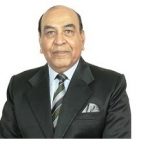


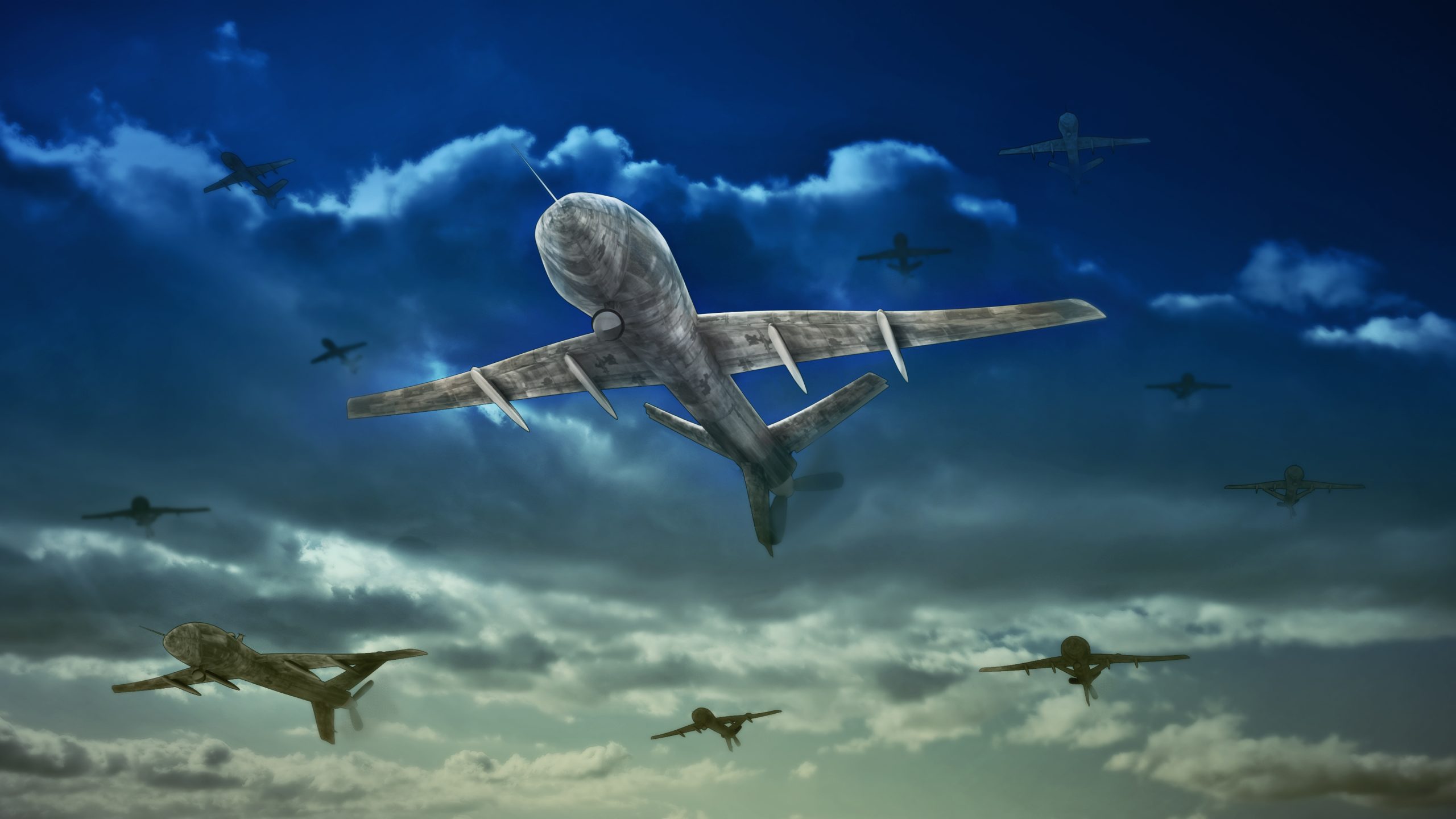
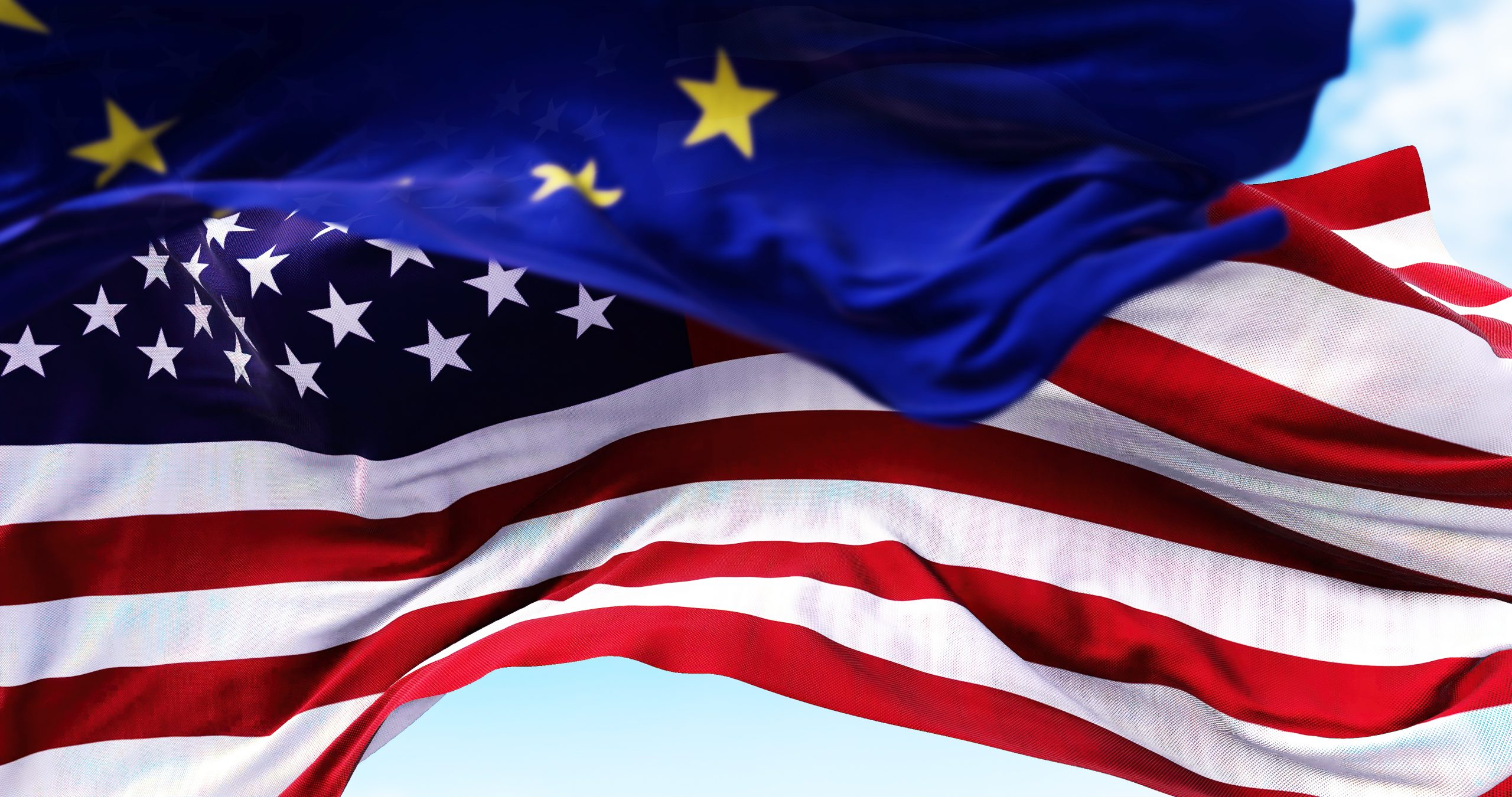
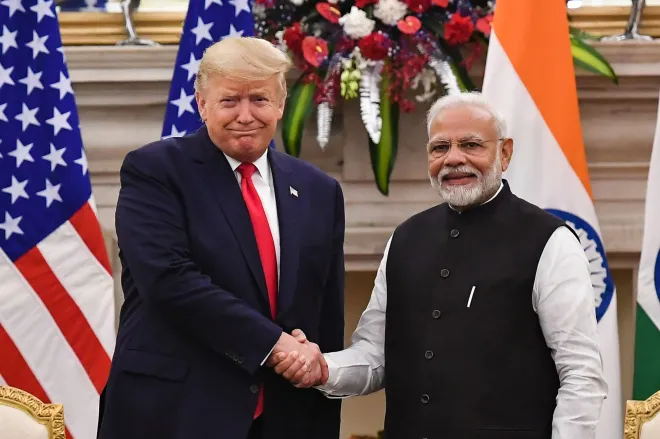
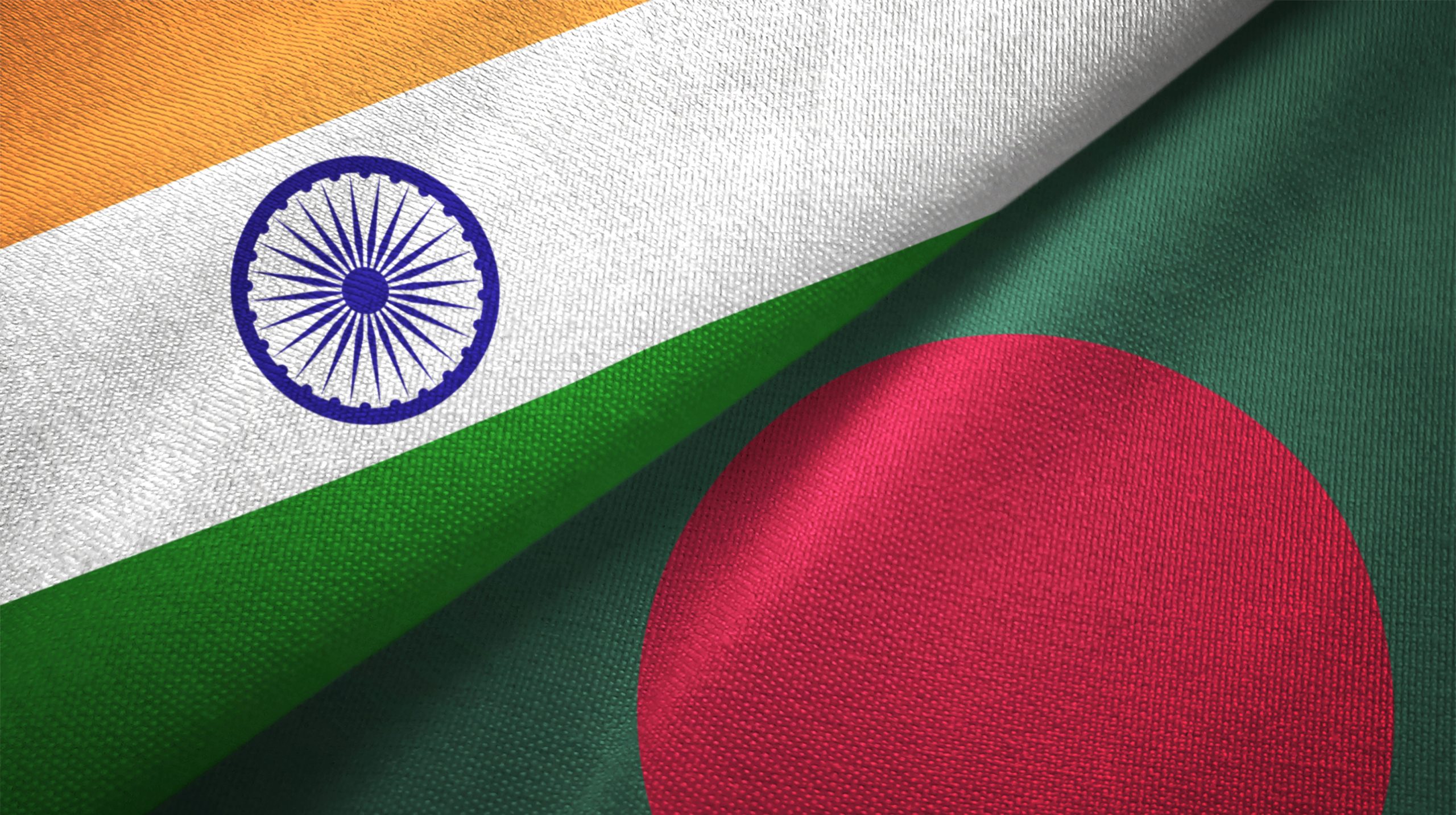
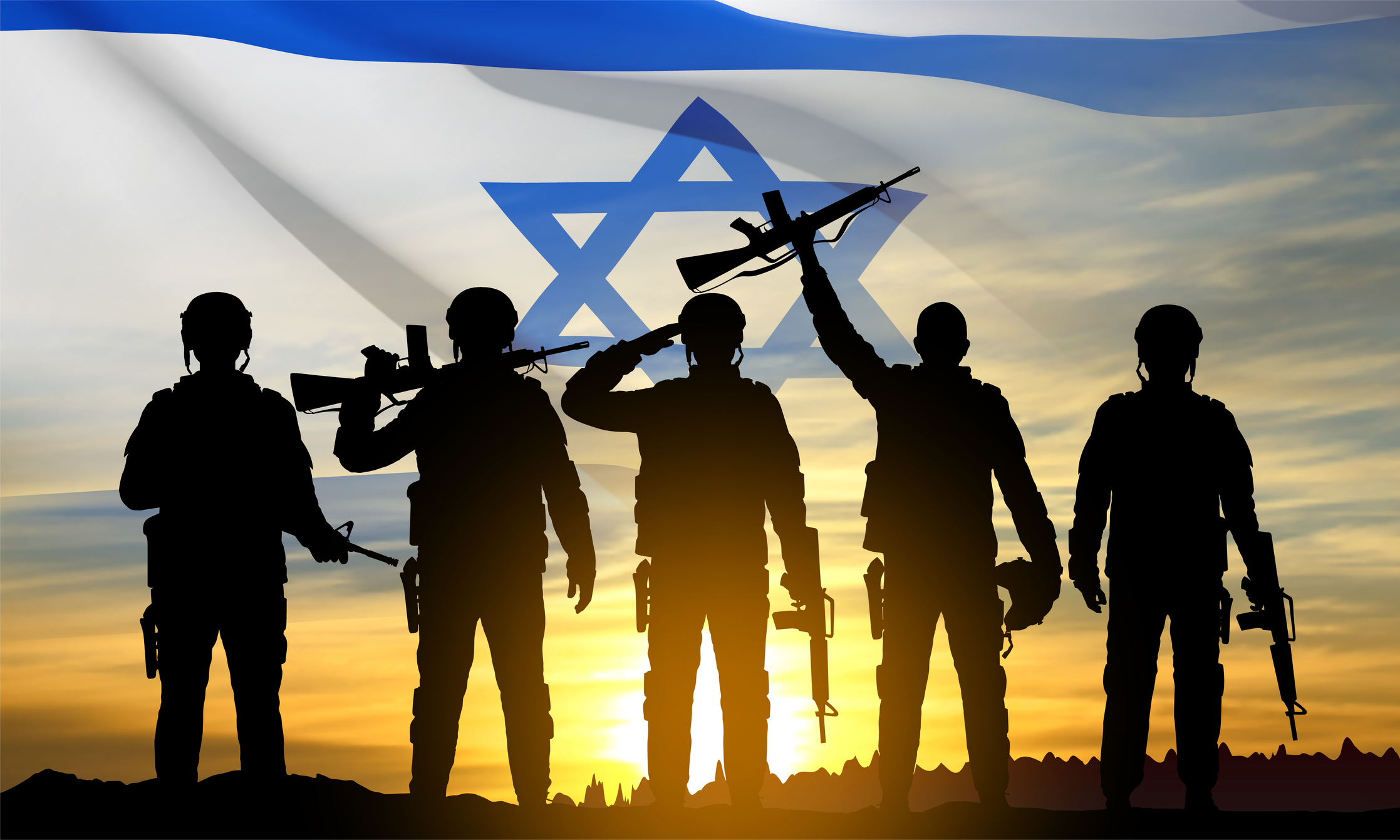
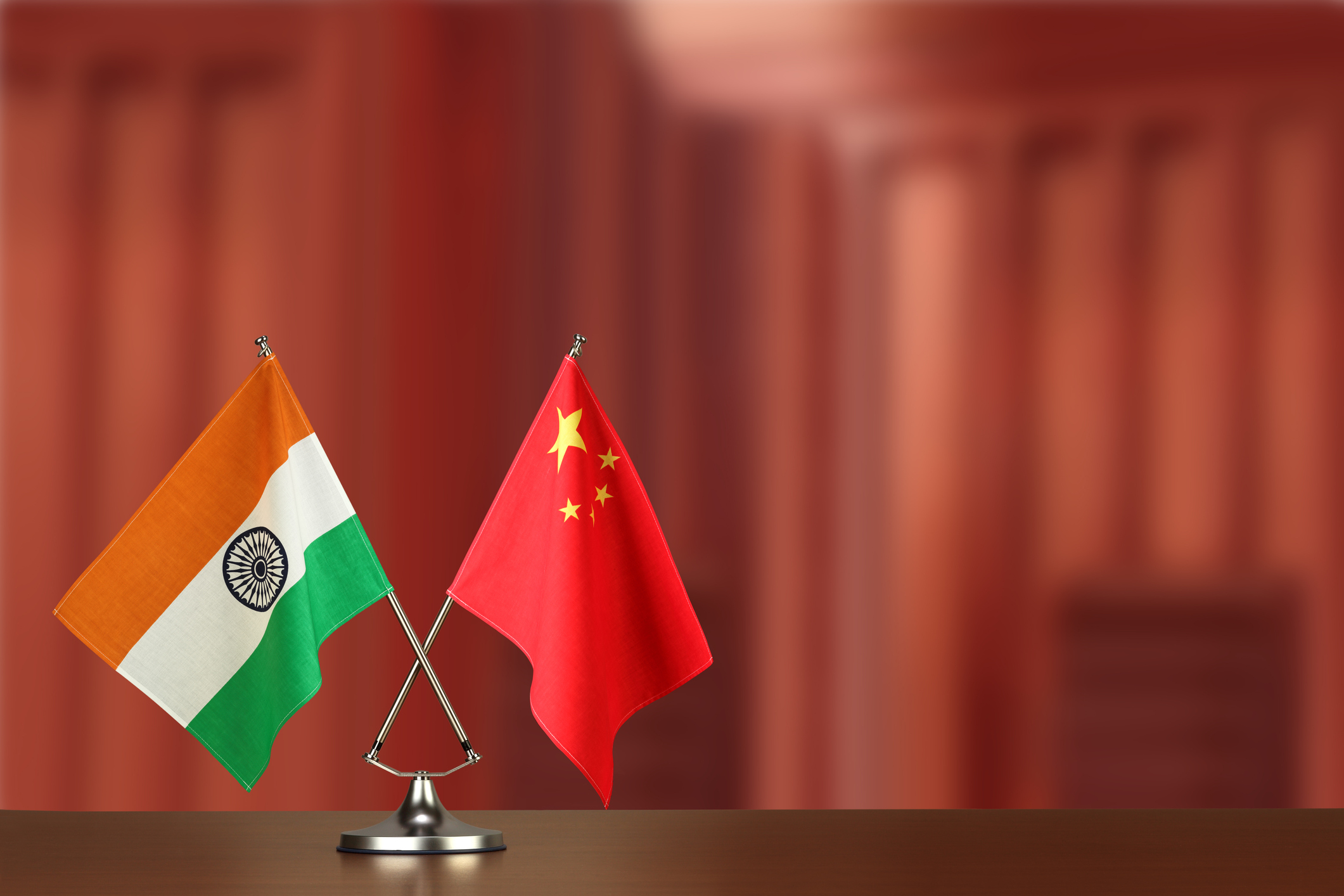
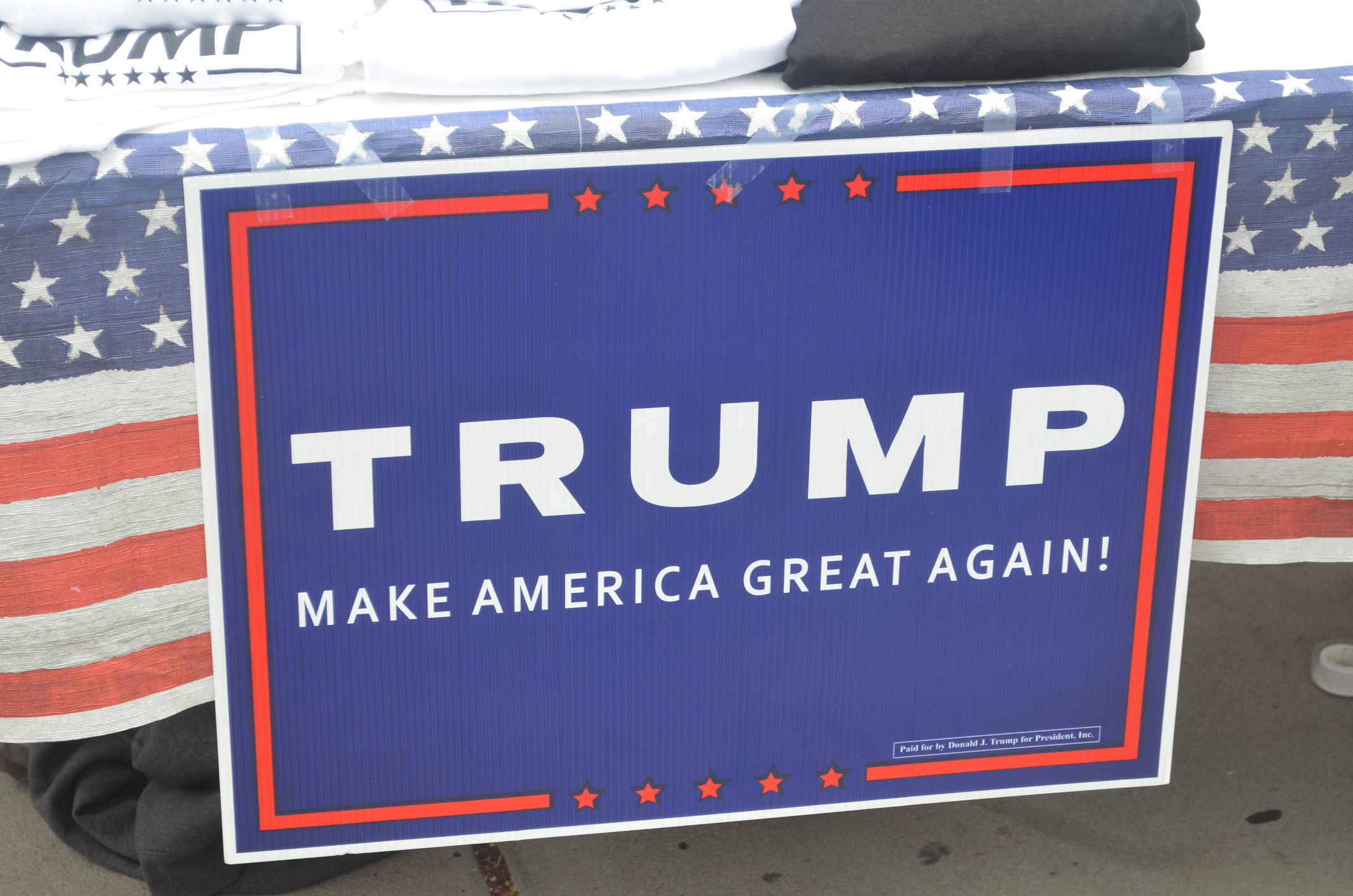
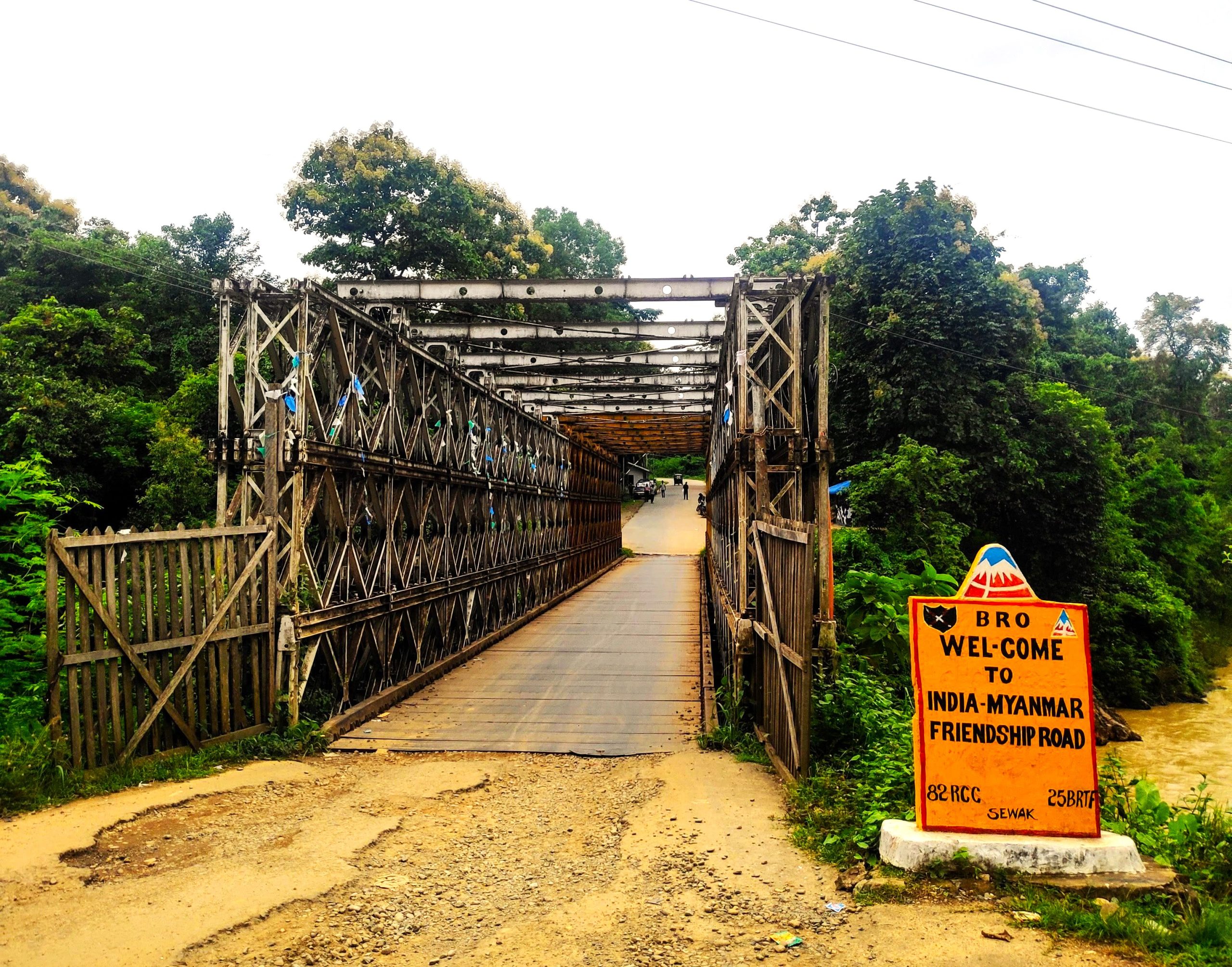







POST COMMENTS (0)